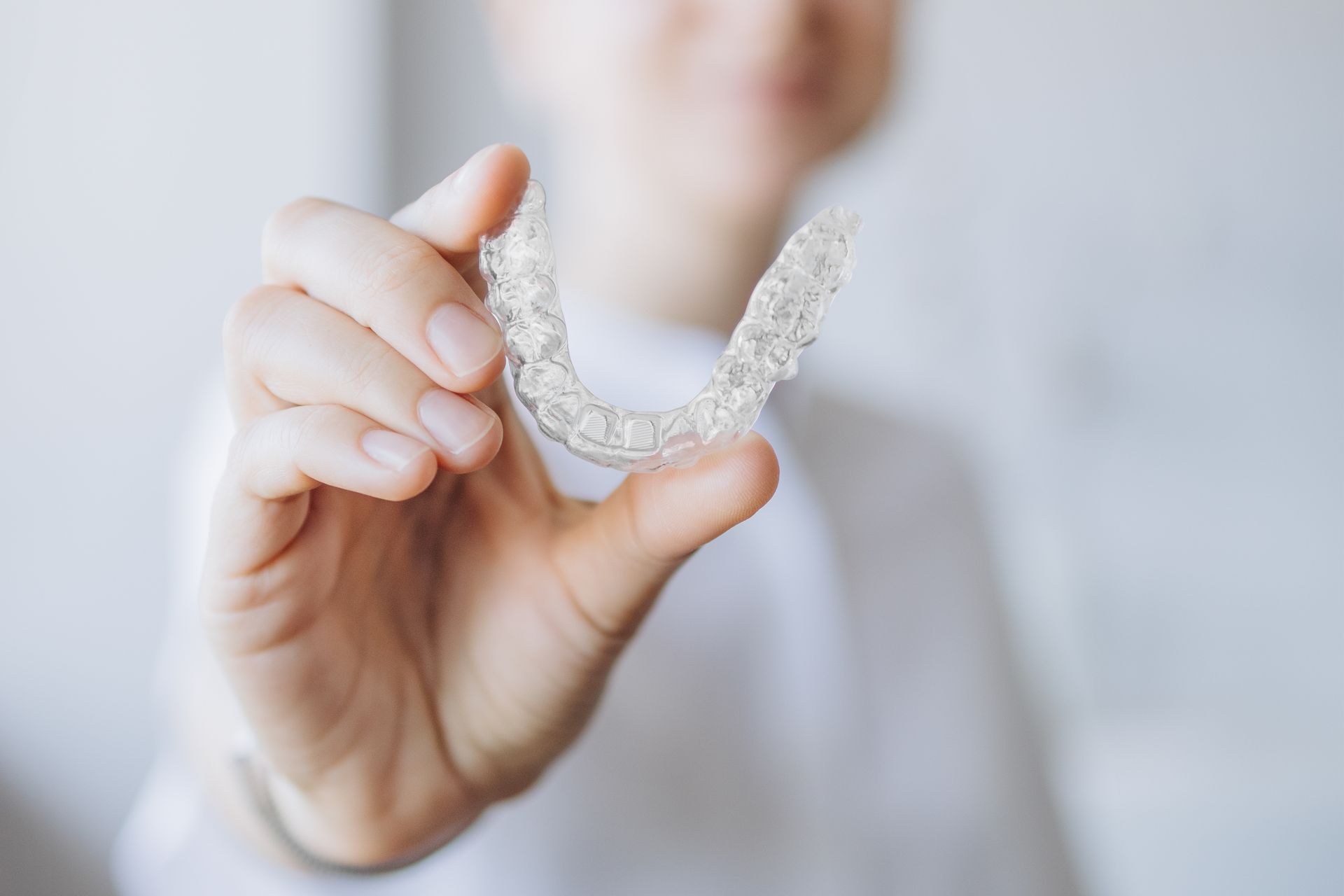The Best Snacks for Healthy Teeth Your Kids Will Love
Choosing the right snacks for your kids is more than just satisfying their hunger. Snacks play a crucial role in keeping their teeth strong and healthy. While it might be tempting to grab sugary treats, these can lead to cavities and other dental issues. Instead, offering tooth-friendly snacks helps protect their smiles.
Kids love munching on tasty treats, and with a bit of creativity, you can make healthy options fun and exciting. Crunchy fruits and veggies, dairy delights, and smart alternatives to sugary snacks are perfect choices. These snacks not only nourish their bodies but also support gum and tooth health.
Creating a variety of these healthy snacks ensures that your child’s nutritional needs are met, giving them energy for their daily adventures. With the right snacks, you can teach kids the importance of good oral health habits while keeping them happy and their teeth strong. It all starts with choosing the right foods to fuel their growing bodies and protect their smiles.
The Importance of Tooth-Friendly Snacks
Snacks can play a major role in maintaining your child's dental health. The types of snacks kids consume impact not just their energy levels but also the condition of their teeth. Frequent snacking on sugary and sticky foods can lead to cavities and tooth decay. Snacks such as candies, cookies, and sugary drinks tend to stick to teeth, creating a rich environment for bacteria. This results in the production of acid, which weakens the tooth enamel and eventually leads to cavities.
On the other hand, tooth-friendly snacks support healthy teeth and gums. They help wash away food particles and bacteria while also providing essential nutrients to strengthen your child’s teeth. Encouraging kids to choose healthier snacks reduces the chance of tooth decay and other dental issues.
To make the right choices, it’s important to know which snacks to avoid and which ones to embrace. Here are some common snack culprits that can jeopardize dental health:
- Sugary Candies and Gummies: Highly sticky and get lodged between teeth.
- Cookies and Cakes: Often high in sugar, contributing to plaque buildup.
- Sugary Drinks and Soda: High acidity that can erode tooth enamel.
- Potato Chips: Starch that tends to stay stuck in the teeth.
Choosing tooth-friendly options leads to healthier smiles and reduces oral health risks. Healthy snacks serve not only as a source of essential nutrients but also as a natural way to clean your child’s teeth throughout the day.
Crunchy Fruits and Vegetables
Crunchy fruits and vegetables make for excellent tooth-friendly snacks. The natural crunchiness acts like a mild abrasive, helping to scrub away food particles and plaque from teeth surfaces. These snacks are not just fun to eat, but they also actively contribute to oral hygiene between brushings.
Here are some examples of crunchy fruits and veggies that can naturally clean teeth:
- Apples: Often called “nature’s toothbrush,” apples stimulate gums and boost saliva production, reducing bacteria levels in the mouth.
- Carrots: Packed with fiber and vitamins, carrots encourage saliva flow, which washes away food debris.
- Celery: With its fibrous texture, celery gently scrubs teeth and massages gums.
- Pears: The natural sweetness is offset by high water content, helping dilute sugars and clean the mouth.
These snacks are high in fiber, which is beneficial for both dental health and digestion. Additionally, they are rich in essential vitamins like vitamin C, which strengthens gums, and vitamin A, which is vital for maintaining healthy tooth enamel. By incorporating these crunchy treats into your child’s diet, you can enhance their oral health and keep their teeth clean and strong. Choosing these natural snacks supports dental hygiene and teaches kids the value of nutritious eating habits.
Dairy Delights for Strong Teeth
Dairy products are fantastic for promoting strong, healthy teeth in kids. Foods like cheese and yogurt contain calcium and phosphorus, both of which are essential for building and strengthening tooth enamel. These minerals help restore and maintain the hardness of tooth enamel, protecting teeth from acids and bacteria.
Cheese is a particularly beneficial snack. It stimulates saliva production, which helps wash away food particles and maintain the mouth's pH balance. Saliva acts as a natural defense against cavities by neutralizing acids. Yogurt is also a great choice, providing probiotics that help maintain healthy levels of good bacteria in the mouth while supporting digestive health.
For kids with lactose sensitivities or milk allergies, there are lactose-friendly or non-dairy alternatives available. These include:
- Almond Milk Yogurt: Fortified with calcium and often free from lactose, making it easier to digest.
- Lactose-Free Cheese: Offers the benefits of regular cheese without the lactose.
- Soy Milk and Products: Typically fortified with calcium, providing similar benefits to dairy.
Incorporating these dairy delights into your child's snack routine maintains strong teeth and keeps their smile healthy. These nutritious options are both safe and beneficial, offering essential nutrients to support overall dental health.
Nutritious Alternatives to Sugary Snacks
Finding nutritious alternatives to sugary snacks can be both fun and rewarding. Switching from sweets to healthier options reduces cavities and promotes better oral health. Many snacks can satisfy a sweet tooth without causing harm to teeth.
Consider these healthy, sweet alternatives:
- Nuts and Seeds: Almonds and sunflower seeds provide healthy fats and proteins while being naturally low in sugar.
- Unsweetened Applesauce: A smooth and naturally sweet option that contains no added sugar.
- Dried Fruits with No Added Sugar: Offer sweetness with the benefit of fiber, though they should be eaten in moderation to avoid stickiness.
Try these creative snack combinations:
- Nut Butters with Fruits: Spread peanut butter on apple slices for a sweet and satisfying snack.
- Yogurt with Fresh Berries: Top plain yogurt with strawberries or blueberries for a tasty treat.
- Cheese with Whole Grain Crackers: A great mix of textures and flavors that kids will enjoy.
Choosing these nutritious alternatives supports good oral habits while still giving your kids the tasty snacks they crave. Encouraging better options helps them develop a lifelong appreciation for healthy eating.
Conclusion
Choosing the right snacks plays a significant role in promoting your child's dental health. From crunchy fruits and vegetables to dairy delights and nutritious alternatives, each choice can support healthy teeth and gums. These snacks not only serve their nutritional needs but ensure the health of their growing smiles. By providing a variety of tooth-friendly options, you set the foundation for a lifetime of good oral habits.
As you incorporate these healthy snack ideas, remember that regular dental check-ups are just as important. At Aria Dental of Annapolis, we are here to support your child's oral health journey. Schedule a visit with our
Annapolis dentist to see how our friendly team can help keep your child's smile strong and bright.



Share This Post

